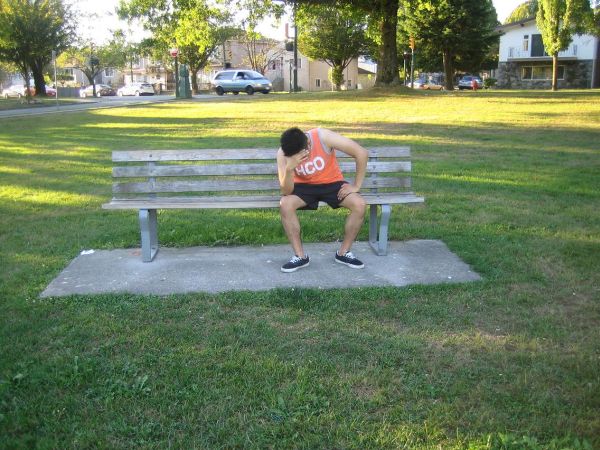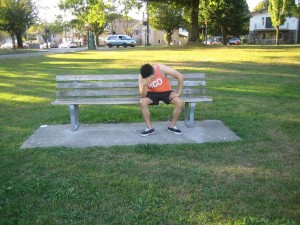Many individuals with sinusitis do not need to consult a doctor. In most circumstances, the condition is caused by a viral infection that clears up on its own without requiring any form of treatment. The symptoms usually pass within 2-3 weeks and the condition can be easily managed at home.
For severe cases or those that do not seem to improve, further treatment is required. It might take several months before the individual can feel better.
Self-care at home
For mild symptoms, there are self-care measures that can help manage the condition. The following can help the individual feel better until he/she recovers.
- Over-the-counter pain medications such as ibuprofen and paracetamol can be given to lower down the body temperature and pain. Carefully check the instructions if it is suitable to use.
- Over-the-counter decongestant drops or nasal sprays works by unclogging the nose and allowing the individual to breathe easily. Just remember not to use them for more than week.
Over-the-counter pain medications such as ibuprofen and paracetamol can be given to lower down the body temperature and pain. - Regularly clean the interior of the nose using a salt water solution. This helps unclog the nose and minimize the nasal discharge.
- Apply warm packs on the face to help soothe the pain and promote drainage of the mucus from the sinuses.
How to clean inside the nose
You can utilize a homemade salt water solution or those that are made using sachets or pre-packed ingredients readily available in pharmacies. All you have to do is mix a teaspoon of salt and teaspoon of bicarbonate of soda into a pint of boiled water that has been allowed to cool down.
You have to prepare a fresh solution every day. Do not reuse a solution that was used the day before.
Treatment from a doctor
Set an appointment with a doctor if the symptoms are severe, does not improve within 7-10 days or becoming worse. These cases might require further treatment using antibiotics or corticosteroid sprays or drops. In case these treatments are not effective, the doctor might refer the individual to a specialist for further assessment and to discuss if surgery is an option.
Corticosteroid sprays or drops
Corticosteroids or steroids work by reducing the inflammation. If the individual experiences persistent symptoms of sinusitis, steroid nasal sprays or drops might be prescribed to minimize the swelling in the sinuses. These medications might be used for several months. The potential side effects include sore throat, nasal irritation and nose bleed.
Antibiotics
If the doctor suspects that the sinuses might be infected with bacteria, a course of antibiotics are prescribed in either capsule or tablet form to manage the infection. The antibiotics are usually taken for a week, but sometimes a prolonged course might be given. The possible side effects of antibiotics include a feeling of being sick, stomach pain and diarrhea.
Surgery
Surgery is considered as the last option if the symptoms do not seem to improve despite the commonly used treatment options.


